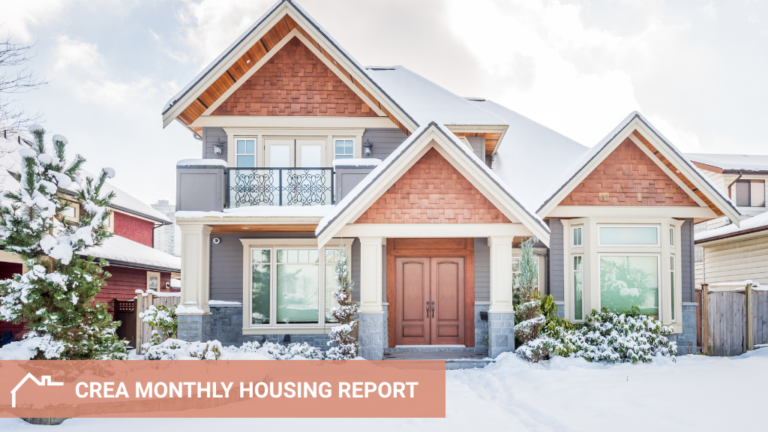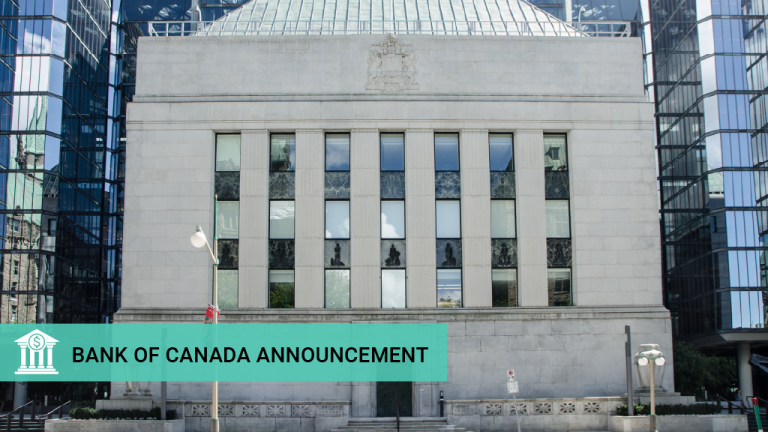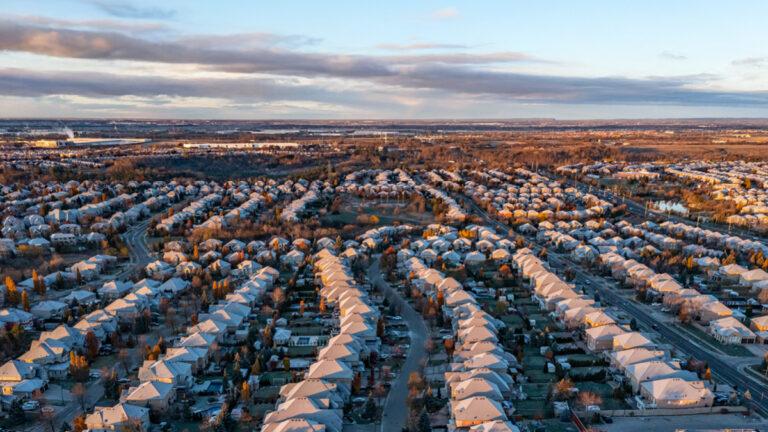
In recent years, Montreal, like many other major cities around the world, has been faced with a major challenge — balancing the rise of short-term rental platforms with the preservation of an accessible rental market. On the one hand, platforms such as Airbnb and Vrbo offer financial flexibility for homeowners and an alternative to hotels for visitors. On the other, short-term rentals contribute to the scarcity of available long-term accommodations, exacerbating an already-present housing crisis.
On January 30th, 2025, the City of Montreal announced a further tightening of the rules surrounding short-term rentals, limiting their use to the summer months. The move comes at a time of rock-bottom vacancy rates and mounting price pressure on rents. What does this legislative change mean for tenants, landlords and investors? Here’s an overview of the new rules, their rationale and their potential impact on the Montreal rental market.
Overview of the new rules
From now on, the rental of principal residences for stays of 31 days or less will only be permitted from June 10th to September 10th each year, the peak summer tourist season. However, this restriction does not apply to areas where the operation of commercial tourist residences is already authorized. Offenders are liable to fines of $1,000 for a first offence, with additional penalties of $2,000 per day for repeat offences. To ensure compliance with these regulations, the City plans to increase the number of dedicated short-term rental inspectors.
The municipal administration justifies this initiative through its desire to increasingly free up housing for Montreal residents. According to the City, some 65% of Montreal’s population are renters, and are suffering from the rising cost of living and rents. Of the approximately 4,000 full-time units available on the short-term rental market, more than half are illegal. The City claims that this type of accommodation contributes to the housing crisis by removing many apartments from the long-term rental market and creating upward pressure on rental prices.
Montreal’s housing crisis by the numbers
According to the Canada Mortgage and Housing Corporation (CMHC), the vacancy rate in Montreal has risen from 1.5% in 2023 to 2.2% in 2024. While this slight increase indicates a softening in the rental market, it still remains below the 10-year historical average of 2.7%.
The CMHC also points out that average rent growth has slowed, with a 5.4% increase for two-bedroom units in 2024, compared with a record 8% rise in 2023. However, units that changed tenants have risen much more sharply in recent years, climbing 23.5% in 2024,1 a level similar to the previous year.
Additionally, rental housing construction is struggling to keep pace with demand. In 2023, the number of housing starts in Greater Montreal fell 38%, reaching its lowest level in eight years. This decline limits the creation of new housing and contributes to market tension.
The Quebec government’s Bill 67’s impact on short-term rental of principal residences
The latest crackdown on short-term rentals is one of many legislative changes imposed on the industry in recent years.
In 2021, the Quebec government passed Bill 67,2 which regulates short-term rentals of principal residences. This legislation aims to manage rental platforms like Airbnb by imposing obligations on hosts, including obtaining a registration number and complying with certain safety standards. The law also allows municipalities to adopt more restrictive bylaws based on their local realities.
The CITQ’s public register of registrations
The Corporation de l’industrie touristique du Québec (CITQ) is the organization mandated to register tourist accommodation establishments in Quebec. Since the adoption of Bill 25 in June 2023 to combat illegal tourist accommodation, the registration of establishments takes the form of an official registration certificate. This certificate contains information such as the registration number, the address and category of the establishment, the number of accommodation units offered, and the certificate’s issue and expiry dates.
Operators are required to post this certificate in public view, notably at the main entrance to the establishment, or, if it is located in a multiple-unit residential building, at the entrance to the building. In addition, the registration number must appear on all advertising and transactional digital platforms used to promote the establishment.
Consumers can consult the public register of tourist accommodation to check the validity of an advertisement and report any irregularities.






